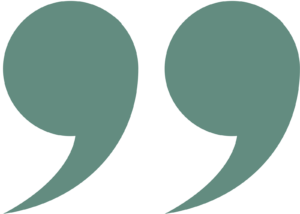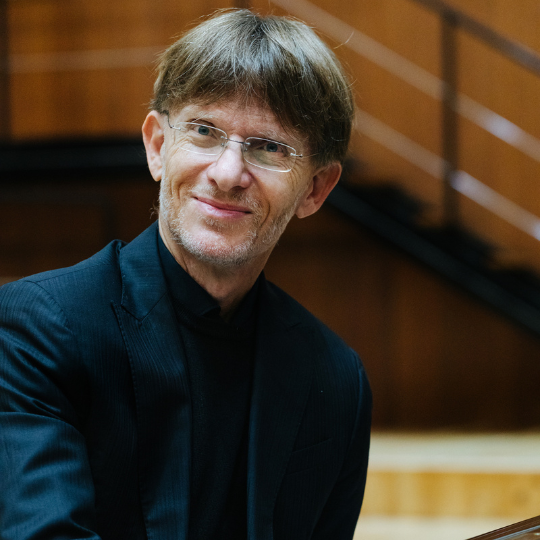
I like to conceive of music not as an end, but as a vehicle for inner knowledge, a means through which one can access deeper levels of awareness—both for the performer and for the listener.
Starting from the roots of my classical training, I enjoy crafting concerts as sonic narratives that embrace both tradition and innovation, blending different languages: from improvisation to world music, to the evocative qualities of soundtracks.
My desire is to guide the audience on an unexpected musical journey, where the performances serve as the starting point for an inner process, unique for each listener.

Because music is much more than sound:
it is connection.
Elegance
Versatility
my style
I am a classical pianist, deeply connected to the composers who have paved the way for pure beauty: Chopin, Beethoven, Rachmaninoff, Ravel, Debussy. Each of their works is a call to the depth of the human soul, an opportunity for further knowledge.
Alongside this heritage, I feel the need to push beyond, to create programs that always offer an element of surprise: openings to improvisation, explorations into different territories, the addition of live electronics, which opens up new sonic dimensions.
Each program becomes a journey of discovery and revelation, for both the performer and the listener.
I bring many of my personal experiences into the music: the practice of various martial arts, meditation, and Kundalini yoga, studies in anthropology, and my encounter with Grotowski’s theater.
These are elements that inspire me when I compose music, when I perform, and even when I teach young musicians.
alma musica
Because music is nourishment
I like the word alma, which evokes the soul and, in Latin, means “nourishing,” “life-giving,” “fostering growth.”
Just as food sustains the body, music strengthens the mind and spirit. It supports, inspires, and renews.

From classical music to contemporary, without stylistic boundaries.
Music that touches the strings of the soul, perfect for high-profile events.
professional career
A pianist and composer from Matera, now based in Milan, he made his debut at the age of 11, performing in recitals and with orchestras at prestigious venues such as the Palau de la Musica in Valencia, the Conservatoire Royal in Brussels, the Società dei Concerti and Serate Musicali in Milan, the Ravello Festival, with the Transylvania Orchestra, the Filarmonica Oltenia of Craiova, and the Liepaja Piano Stars Festival, where he opened the festival performing Rachmaninov’s Third Piano Concerto.
He has performed with renowned conductors and instrumentalists such as Wojciechowsky, Bufalini, Cassard, Mega, Lomuto, Dulbecco, and the Tetraktis Ensemble.
He has won numerous competitions, including the Kawai Prize, the Stresa, Messina, Osimo, Florence, Viotti-Valsesia Prize, the Ismez Competition, and the Premio Veio.
He was a semifinalist in the F. Busoni Competition in Bolzano and the Reine Elizabeth Competition in Brussels.
At 22, he won piano, chamber music, and score reading competitions, becoming the youngest tenured professor at Italian conservatories.
His encounters with Franco Donatoni and Franco D’Andrea were essential in deepening his studies of composition and the more radical jazz language.
He composed the soundtrack for the films Ho visto Charlie Chaplin, winner of the Energheia Cinema Prize, La vita è altrove, and Centosanti by Roberto Moliterni. He has recorded for the Tactus record label, Radiotre, and Rai 5.
He contributed the chapter The Polysemantic Nature of Music to the book Design of the Unfinished, published by Springer in 2021, where he explores the connections between music, architecture, and design with Michael Jennings.
He teaches piano at the Giuseppe Verdi Conservatory in Milan.
He is set to release the album La passione e lo charme with the Ursa Major label, featuring works by Brahms, Debussy, Granados, and his own original compositions.

Pier Francesco Forlenza:
Pianism without boundaries, between tradition and innovation
Pier Francesco Forlenza is proudly powered by WordPress

